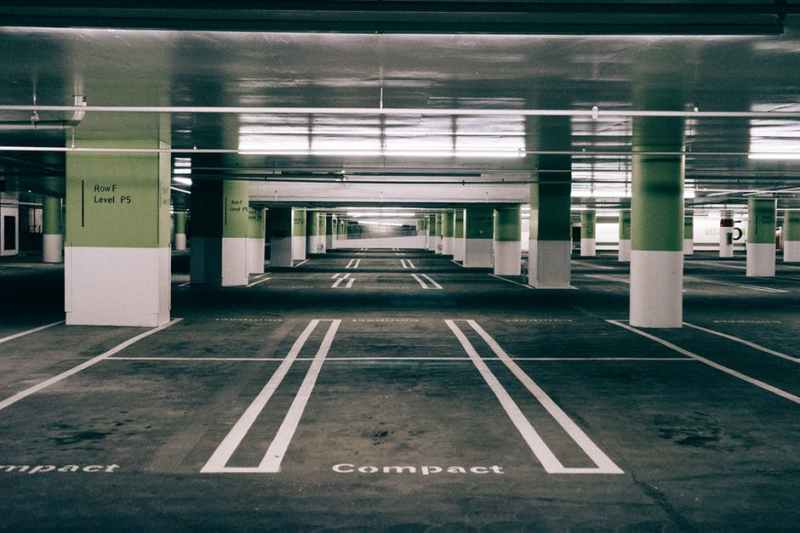It took a decade, but the California legislature has finally delivered to the governor one of the most critical climate and equity bills in the country. No, it’s not mandating carbon neutrality or increasing renewable energy. It’s finally ending local mandates that all new housing and infill projects must include car storage, even if they’re located within half-mile of transit.
A.B. 2097 (from Laura Friedman) builds on work dating back to 2011 (I blogged about then-Assemblymember Nancy Skinner’s failed attempt) to finally end parking requirements for projects near transit and with a percentage of affordable units. Otherwise, too many local governments have not gotten the memo that California’s climate and equity goals require more housing near transit and reduced need for residents to drive vehicles. Instead, many cities and counties still rely on outdated boilerplate planning requirements that require developers to build parking spots, even if residents don’t want or need them. The spots can run anywhere from $30,000 and $90,000 each to build, increasing the cost of housing and making it less affordable as a result.
So why would the state want to allow locals to mandate car storage? In the past, powerful anti-housing local governments resisted such a state override. But cities and counties have mostly lost that fight. Instead the entrenched interests are those that insist that eliminating these requirements will somehow harm the provision of affordable housing. And if it sounds counter-intuitive to you that making housing cheaper and not mandating car storage hurts affordability, it’s because it is.
Here’s the problem: in California, building new housing requires navigating an incredibly complex soup of state and local requirements. Some advocates for affordable housing use this byzantine system to extract concessions from developers. So if someone proposes relaxing one of these requirements, no matter how nonsensical or counter-productive to the environment and affordability it may be, these advocates will only support doing so if they can extract a concession for more affordable housing in the process.
An example is the state’s density bonus program, in which developers can add more density and reduce parking on a project beyond what the local governments allow, but only if they provide more subsidized affordable units. These advocates therefore worry that ending local parking requirements statewide will eliminate this incentive to build more affordable units.
While that might sound right in theory, in practice it’s not correct at all. Developers make money on increased density — more units on the same parcel. The parking reductions are only valuable in that they allow greater density to be built on the same limited parcel. Basically, developers only request the reduction in parking spaces if it means they can squeeze in extra units.
We’ve seen this in practice. As Mott Smith at USC and Michael Manville at UCLA have documented in multiple years and cities, including in the Los Angeles Transit-Oriented Communities (TOC) program, the evidence conclusively shows that reduced parking requirements lead to more affordable housing and does not undermine density bonus programs. Most prominently, in 2019, San Diego abolished parking requirements near transit for all housing projects (which is precisely what A.B. 2097 would accomplish statewide), and the results were decisive: overall housing units increased 24 percent, density bonus units increased five-fold, and deed-restricted affordable units via density bonuses increased six-fold.
The evidence is clear. California is behind on meeting its 2030 climate goals, and much of the culprit is due to rising transportation emissions from more driving. We also face a brutal housing shortage, leading to a mass exodus of residents to high-polluting states, pervasive homelessness, and stark income inequalities. A.B. 2097 would knit a solution to both problems, by making housing more affordable and reducing the need to own a car right near existing transit hubs.
After a decade of waiting, the state’s residents need this crucial reform to abolish car storage mandates. Let’s hope Governor Newsom does the right thing and signs A.B. 2097.
Ethan Elkind directs the climate program at the Center for Law, Energy and the Environment (CLEE) at UC Berkeley Law, and has an appointment at the UCLA Law’s Emmett Institute on Climate Change and the Environment. This post was originally published on his blog, Writings on the Environment and Politics, & Music.






